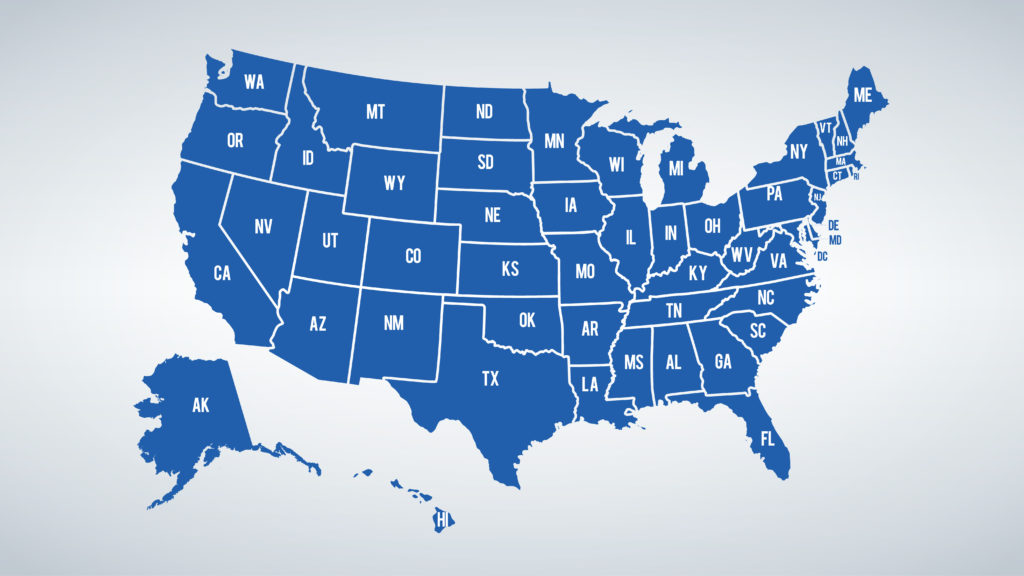Which States Are Good, and Bad, for Taxes?

How attached are you to the state you live in? Although most people would rather not relocate, where a person lives can actually make a huge difference in his or her tax bill. That’s because Kiplinger recently released its list of the most and least “tax-friendly” states when it comes to taxes. The business publisher used three important tax factors to determine their results, including state income tax, gas tax and sales tax. Here’s what they found.
If you live in Delaware then chances are you’re happier than most about your tax bill. With an income tax coming in between 2.2 percent to 6.6 percent, along with no sales tax and well below average gas taxes, Delaware was number one on the list of most friendly tax states. Wyoming, Louisiana, Mississippi and Alabama were also on the friendliest list.
Meanwhile the news is not so good if you live in California. With an income tax reaching as high as 13 percent for the top earners, a 7.5 percent sales tax and a gas tax coming in at $.053, the golden state is number one on the list of least friendly tax states. Other states that will keep your tax bill high include New York, Connecticut and New Jersey. Click here to see the entire lists.
Everyone has to pay taxes, but you can click here to learn how GROCO can help you save on your taxes no matter which state you live in. Call us today at 1-877-CPA-2006.
How Can I Sustain My Family Wealth?
How Can I Sustain My Family Wealth? At GROCO we work with some of the most successful and wealthiest people in the world. We’ve seen a lot of clients come through our doors and we’ve learned a lot about what makes them successful. We’ve also enjoyed much success in our own right. Our clients have…
Wealth Building: Six Keys
Wealth Building: Six Keys By Scott Hove There are keys to wealth and success that those who have attained them understand. If you wish to build wealth and achieve success then it’s crucial to implement the keys discussed below. Here, then, are six things that the successful understand and implement. As you read them, please…
Real Estate Investing: Lease Options Offer Multiple Profit Opportunities
Real Estate Investing: Lease Options Offer Multiple Profit Opportunities By Jordan Taylor Mention “real estate investing strategies” and the first thing that typically comes to mind is buying and selling. But a strategy often overlooked and underutilized is the option—and the smart use of options can generate some fast and impressive profits. An option…
Behavioral Finance: Beyond Greed and Fear
Behavioral Finance: Beyond Greed and Fear “Modern portfolio theory,” a complex mathematical system explaining the workings of the financial markets, has been quite influential on the thinking of investment managers over the last quarter century. The theory derives from the work of a handful of finance professors, several of whom were awarded Nobel Prizes for…




